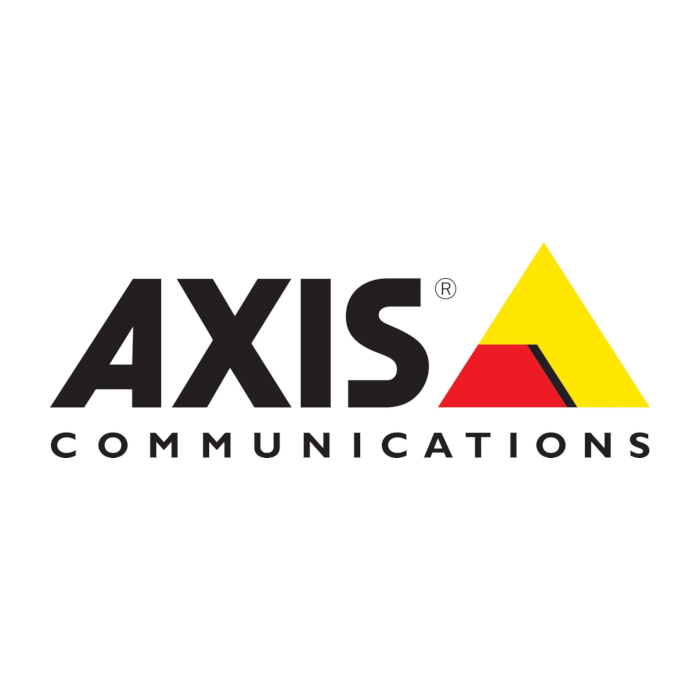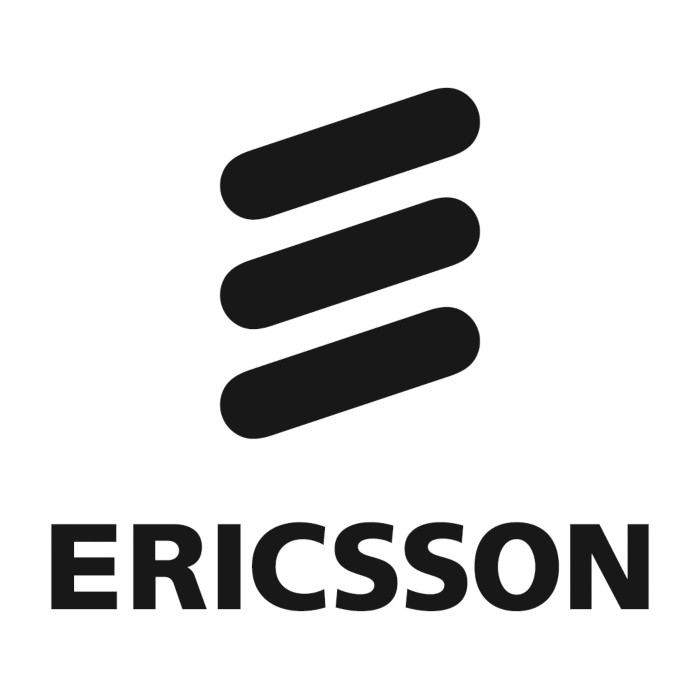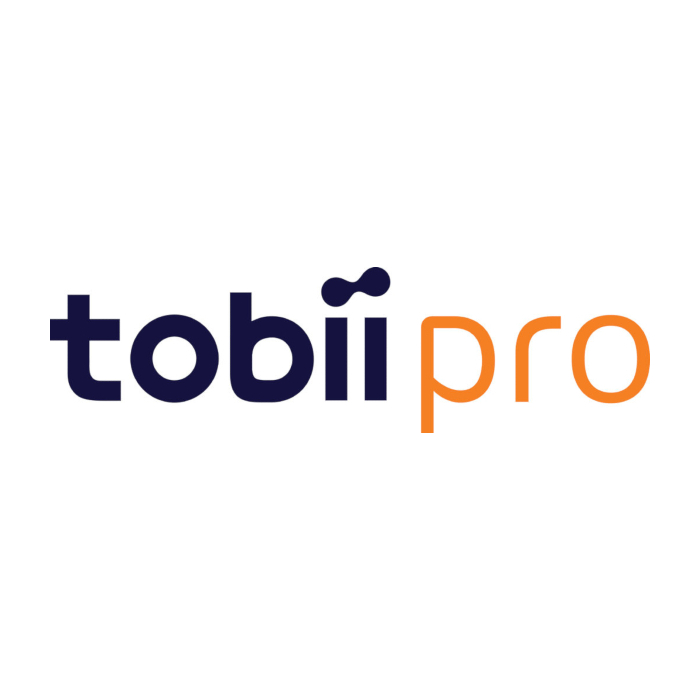News
JOURNAL ARTICLE ACCEPTED TO COMPUTERS
The following journal article has been accepted to Computers: Thi My Chinh Chu and Hans-Jürgen Zepernick “Performance Analysis of an Adaptive Rate Scheme for QoE-Assured Mobile VR Video Streaming,” Computers, vol. 11, no. 5, pp. [...]
VIATECH AT VETENSKAPSFESTIVALEN 2022
Veronica Sundstedt and Valeria Garro, together with Christoffer Sandahl from Blekinge Museum, have been invited as speakers at the 2022 edition of the International Science Festival (Vetenskapsfestivalen), one of Europe’s leading popular science events. On [...]
PAPER ACCEPTED TO DATA4XR WORKSHOP OF IEEE VR
A paper has been accepted to IEEE VR Conference on Virtual Reality and 3D User Interfaces – Workshop Data4XR: Datasets for Developing Intelligent XR Applications, 12-16 March 2022. The paper is titled: “SSV360: A Dataset [...]
JOURNAL ARTICLE ACCEPTED TO APPLIED SCIENCES
The following journal article has been accepted to Applied Sciences: Hans-Jürgen Zepernick, Markus Fiedler, Thi My Chinh Chu, and Viktor Kellkanen “Video Freeze Assessment of TPCAST Wireless Virtual Reality: An Experimental Study,” Applied Sciences, vol. [...]
Partners
Partner Testimonials
We are today in a new era where both enhanced and virtual reality are used to improve the way we communicate with each other. The applications for this kind of applications and systems will therefore be broad.
We need to work close with the university and a number of other industry partners to meet the competition. The goal is to benefit from the project in the development of our product. Enhanced reality, virtual reality and mixed reality are absolutely paramount when we see what needs our customers have, from industry to retail.
Ericsson has great interest in visual and interactive systems, which will be used over 5G networks in the future. ViaTecH is highly relevant to Ericsson, especially experienced quality for new visual and interactive systems and how the network affects quality.
Combining eye tracking with VR grows as a research method, and the demand for the technology is constantly increasing from academy and industry. As a supplier of tools for studying human behaviour, it becomes obvious to collaborate with the university. ViaTecH gives us the opportunity to deepen the knowledge of how eye tracking can be used to understand behaviours and visual experience in virtual reality.
Axis main interest in the research project concerns subjective assessment of image and video quality as well as scene understanding, that is to say, to automatically provide the ability to customise the video stream to make it as useful as possible for different purposes.





